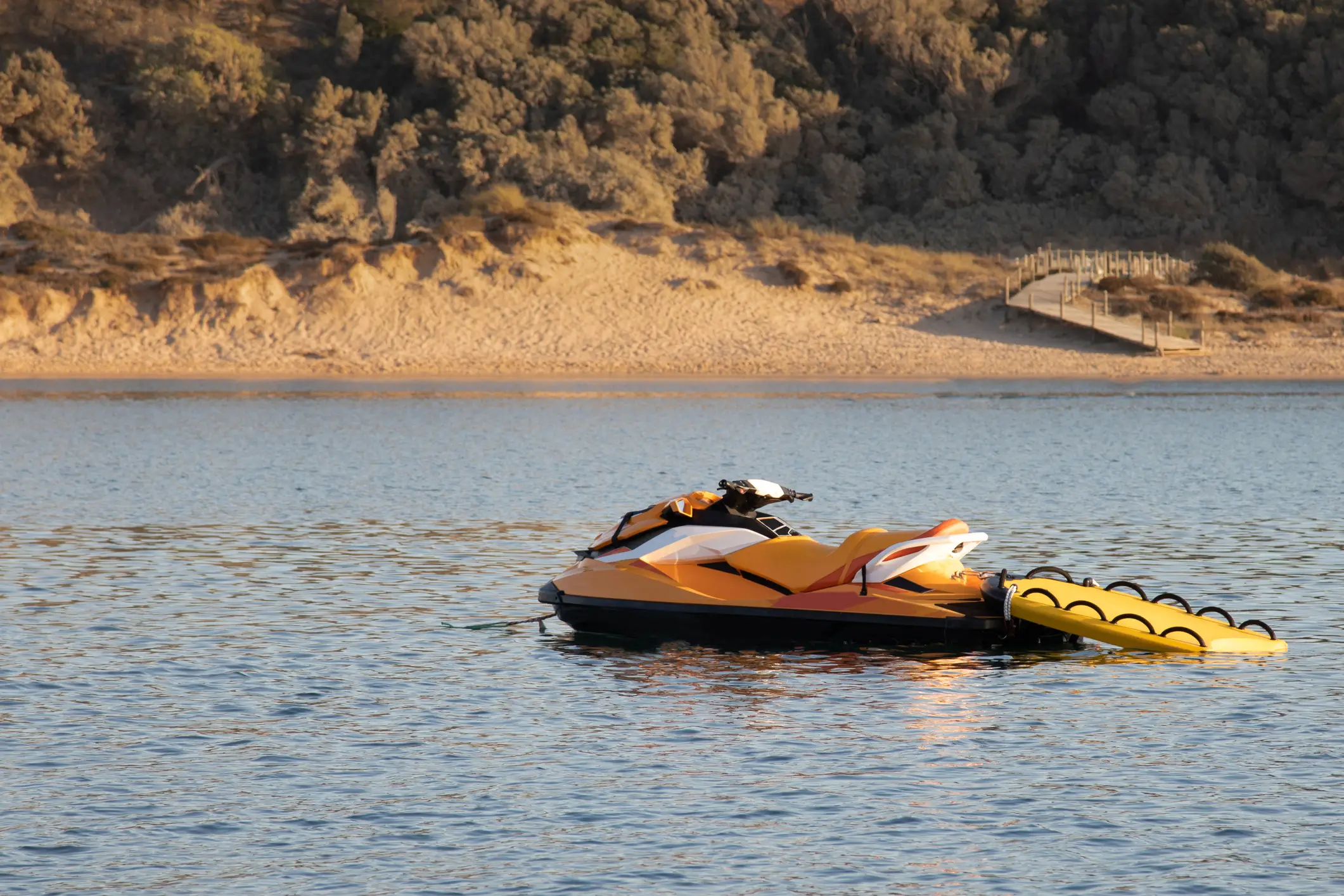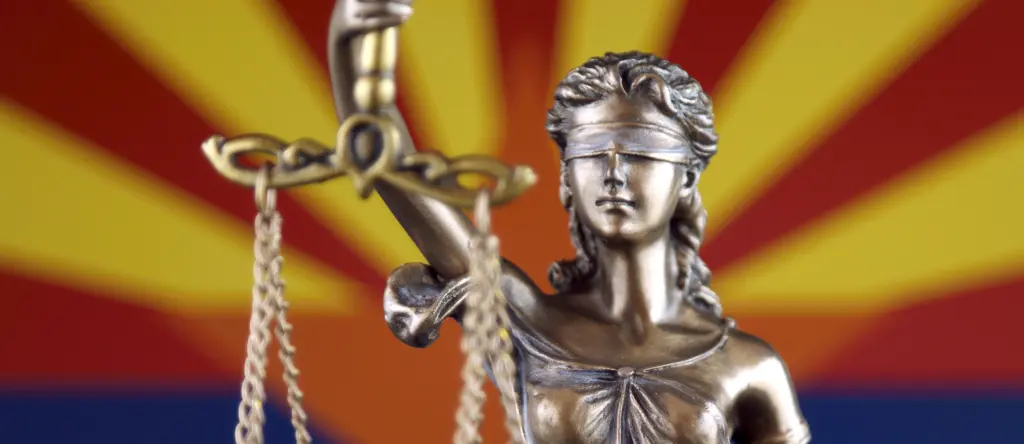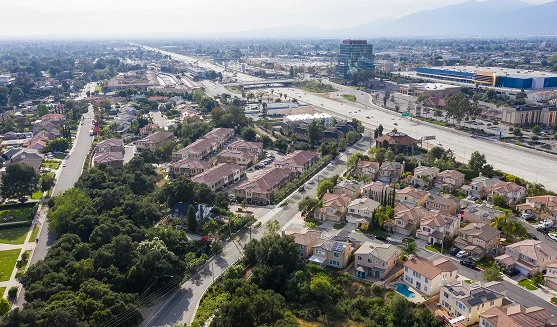Buying a boat is a dream for many, But what happens when that dream turns into a costly nightmare? If you’ve purchased a boat that seems to spend more time in the repair shop than on the water, you may have a Lemon Law claim. At West Coast Trial Lawyers, we believe you deserve a boat that’s safe, reliable, and free of defects. So the big question is: Can you file a Lemon Law claim for a boat in California?
Do Lemon Laws Even Apply to Boats in California?

The short answer is: sometimes—but it depends.
California’s Lemon Law is primarily governed by the Song-Beverly Consumer Warranty Act (California Civil Code §1790-1795.8). This law covers “consumer goods” sold with express warranties—including, potentially, boats. If your vessel was purchased for personal, family, or household use and came with a manufacturer’s warranty, it might be protected.
That said, Lemon Law protections are less explicit for boats than they are for cars. In fact, some boat owners may need to lean on the Magnuson-Moss Warranty Act—a federal warranty protection law (FTC guide)—to back their claim if the state law falls short.
If the boat is a high-end yacht or was purchased for commercial use, California Lemon Law may not apply—but there could still be other legal remedies, including breach of contract, fraud, or maritime warranty violations.
Types of Boats That May Qualify for Lemon Law Protection
If you’re wondering whether your type of boat counts, here’s a rough guide:
Typically Eligible:
- Recreational speedboats
- Personal watercraft (e.g., Jet Skis)
- Pontoon boats
- Small fishing boats
- Sailboats under a certain tonnage
Usually Ineligible:
- Commercial fishing boats
- Cargo ships or crewed charters
- Large yachts (depending on tonnage and warranty type)
The defining factor? Whether the boat was sold with a warranty and was used for personal, non-commercial purposes.
What Makes a Boat a Lemon?
Boats, like cars, can suffer from a wide range of manufacturing defects. The trick is knowing which issues are serious enough to qualify. In fact, some of the most common Lemon defects in boats include things like:
- Repeated engine failures
- Faulty steering or throttle controls
- Electrical problems (dead batteries, failed navigation systems)
- Hull cracks, leaks, or structural instability
- Fuel system defects leading to stalling or fire risks
- Boats that won’t plane or steer properly, even after multiple repairs
The issue must substantially impair the boat’s use, safety, or value. Minor cosmetic defects typically don’t count—unless they’re part of a broader manufacturing flaw.
How the Process Compares to Car Lemon Law
If you’ve gone through a Lemon Law case for a car, you’ll find that the process for boats is similar—but with a few key differences.
Similarities:
- The product must be under warranty.
- The defect must remain unfixed after a “reasonable number” of repair attempts.
- You can receive a refund, replacement, or cash settlement.
- You’re entitled to have your attorney’s fees paid by the manufacturer if you win.
Differences:
- Boats are less standardized than cars, so proving a defect can be more difficult.
- Fewer dealerships and service centers specialize in boat repairs.
- There is no explicit boat Lemon Law language in California statutes—so many cases rely on interpretation or federal warranty law.
To explore consumer reports and known recalls, check out BoatUS’s Consumer Complaint Database.
Real-Life Example: When Lemon Law Works for Boat Owners
Let’s say you buy a $90,000 sport fishing boat, new from a dealership. On your first trip, the boat doesn’t start. The dealer fixes it. But then the fuel gauge stops working. Then the GPS system goes out. Then you find water leaking into the storage compartment.
You bring it in for repairs four times over six months. Each time, the issue temporarily disappears—then reappears. At this point, under California Lemon Law, you likely have a strong case. You’ve given the manufacturer a reasonable number of repair attempts, and the boat’s use and safety are compromised.
With the help from our lawyers you’ll:
- File a Lemon Law claim
- Seek a full refund or replacement
- Recover repair and towing costs
- Make sure the manufacturer pays your legal fees
What Remedies Are Available to Boat Owners Under Lemon Law?
Under both California and federal laws, you may be entitled to:
- A full refund of the purchase price
- A replacement vessel of similar value
- Reimbursement of all incidental costs (storage, docking, fuel wasted)
- Attorney fees and legal costs
Some cases also include civil penalties if the manufacturer willfully violated the law.
California Codes and Legal Framework
California courts have occasionally extended Lemon Law protections to watercraft under certain conditions. Those legal statutes include:
- California Civil Code §1791(a): Defines “consumer goods” to include products not specifically listed (i.e., boats may qualify).
- California Civil Code §1793.2(d): Obligates manufacturers to replace or refund defective goods that can’t be repaired after reasonable attempts.
- Magnuson-Moss Warranty Act (15 U.S.C. § 2301): Federal law that applies to all consumer goods sold with warranties.
In addition, a 2007 California appellate case, Jensen v. BMW of North America, Inc., established precedence is such a scenario allowing Lemon Law to be interpreted broadly to protect consumers—even if the product is not a traditional vehicle.
What Should You Do If You Think You Own a Lemon Boat?
- Start keeping records. Every repair invoice, dealer communication, and photo of the problem counts.
- Notify the dealer or manufacturer in writing and give them one last chance to fix it.
- Call West Coast Trial Lawyers. We offer free consultations and contingency fee arrangements
Call Our Lemon Law Division For a Free Case Review Today!
We’ve helped thousands of clients handle Lemon Law issues, and we’re ready to help you sail into smoother waters ASAP. Our Lemon Law Lawyers understand the ins-&-outs of boat Lemon Law claims and know how to make the law work in your favor.
Ready to take action? Contact us today (213) 927-3700 or reach out via this quick online contact form for your free case evaluation.















































































